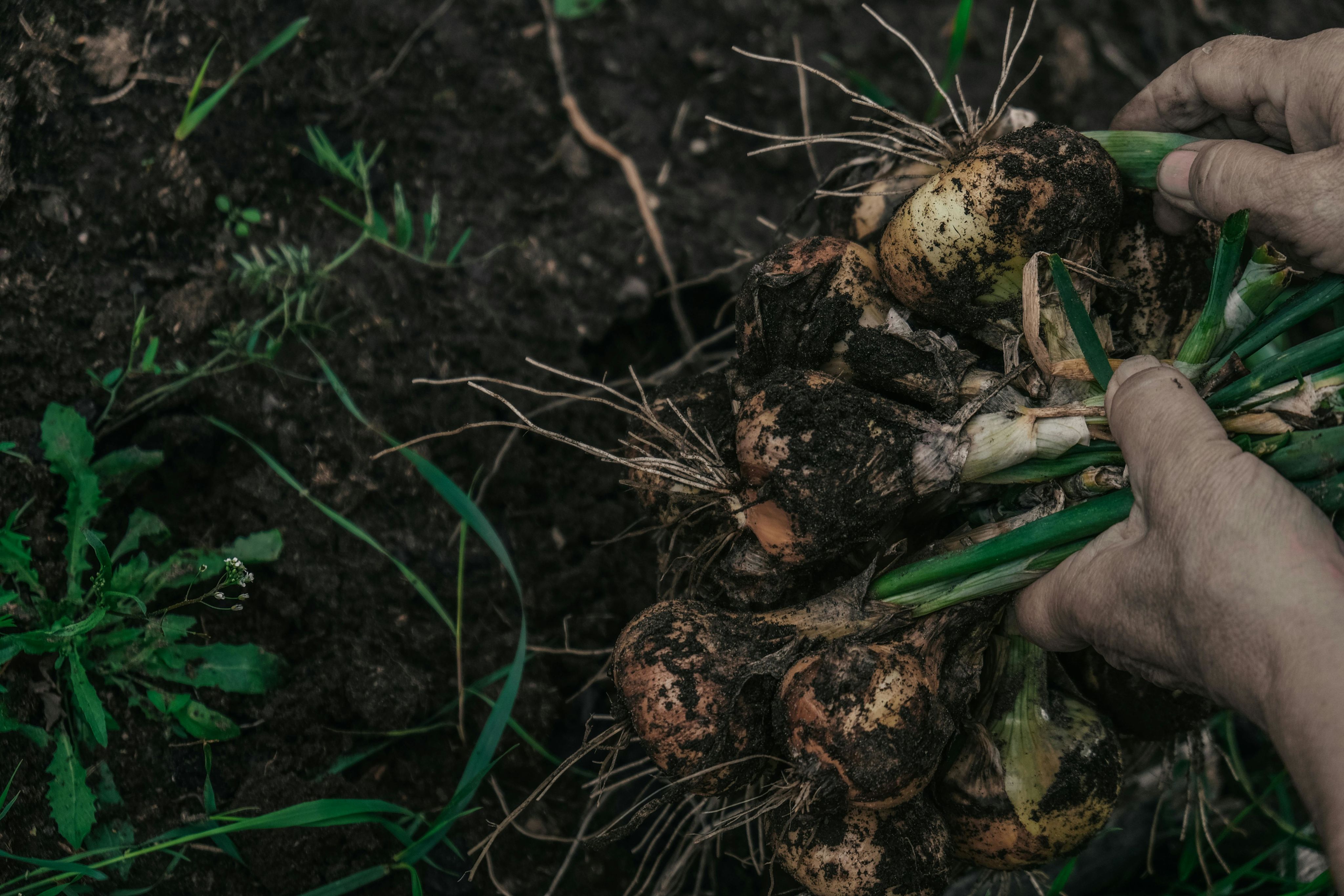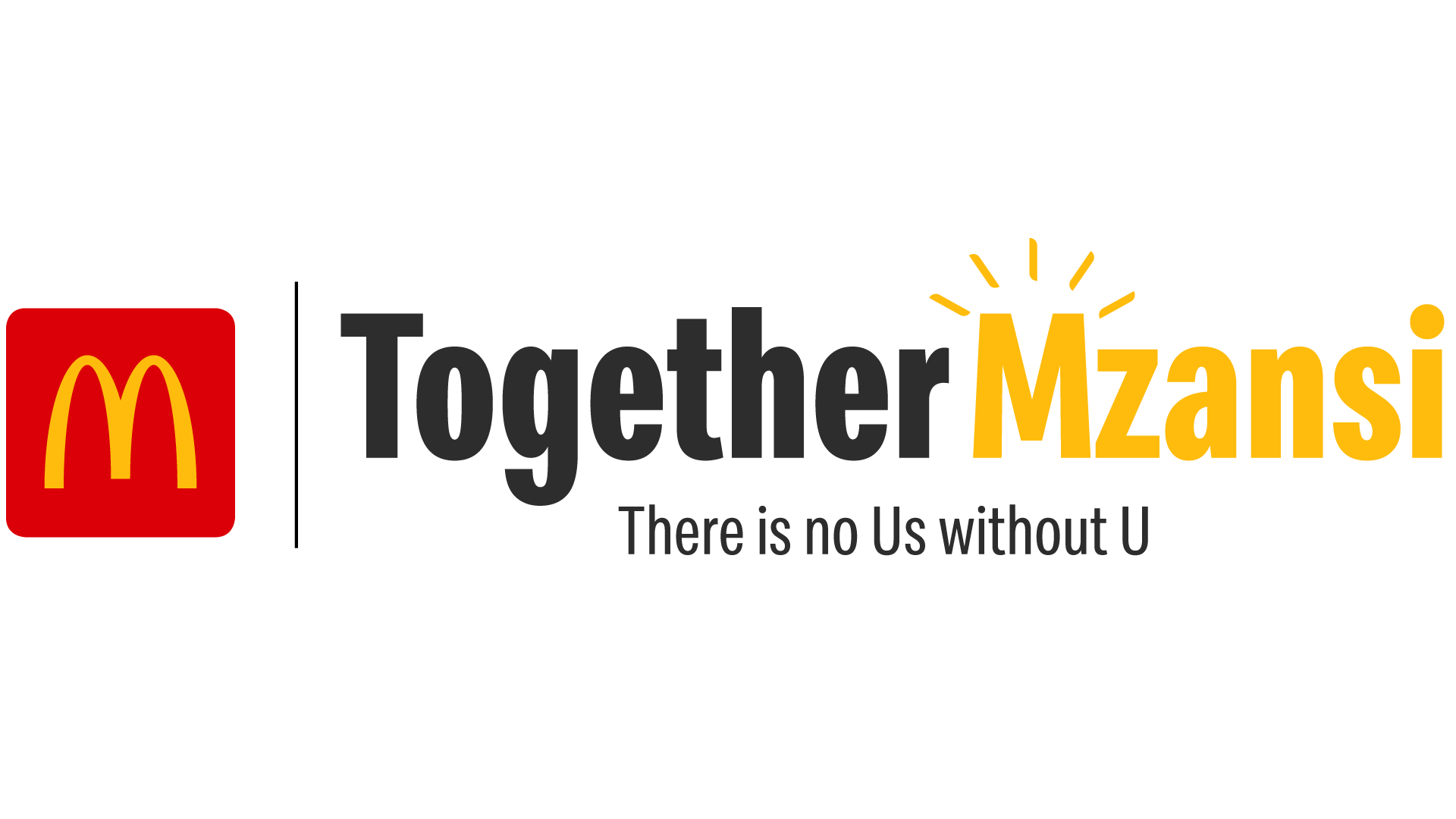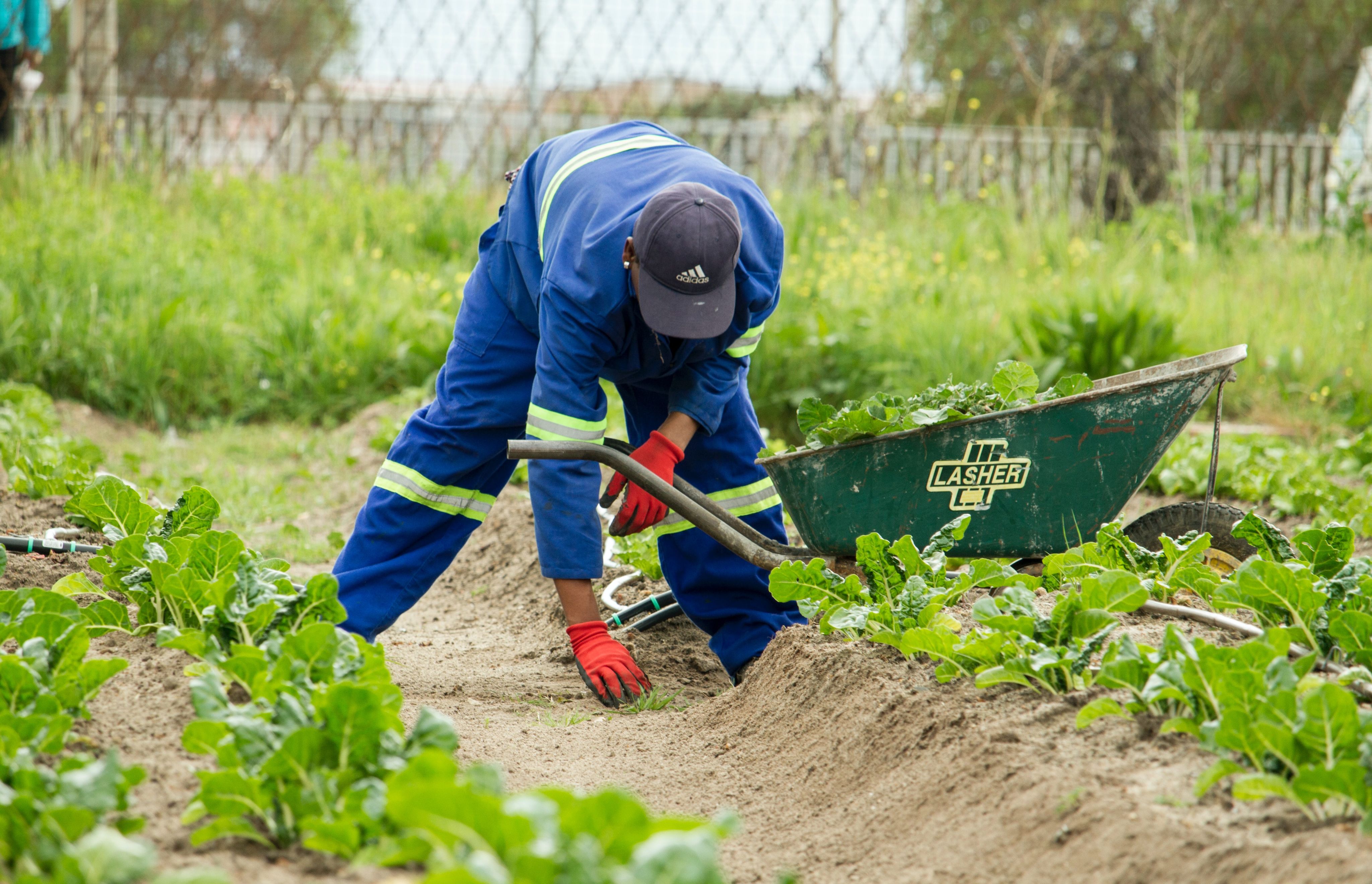McDonald's road to sustainability
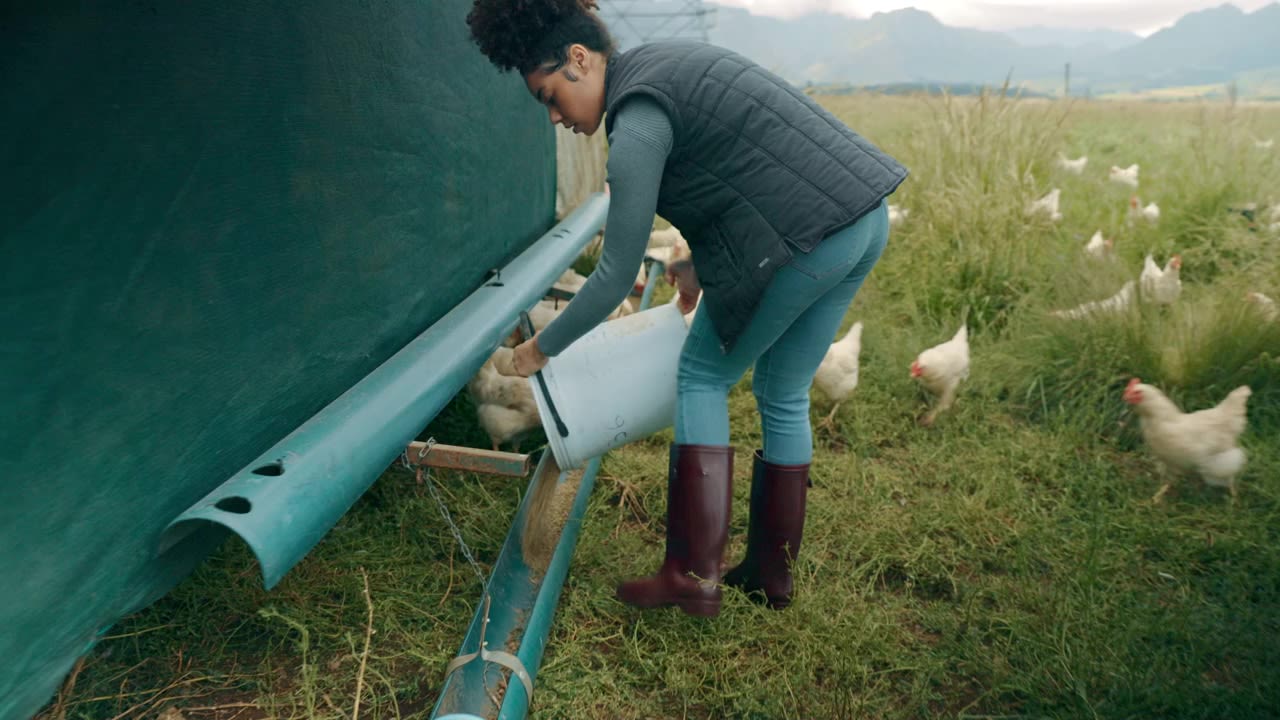
Sustainability is no longer just a trendy buzzword; it’s becoming increasingly important in 2024 as more businesses, like McDonald's South Africa, focus on making a real difference to the environment.
In 2020, it’s estimated around 2.24 billion tonnes of solid waste (that’s roughly 0.79kg per person) was generated. This alarming trend is expected to continue – the World Bank predicts that by 2050, we’ll produce 3.88 billion tonnes tons of waste every year. In addition, the Ellen MacArthur Foundation predicts that by 2050, our oceans will contain more plastics than fish (by weight).
It starts with packaging and recycling
Despite a global push for recycling, the reality is only about 9% of plastic in the world is effectively recycled, according to OurWorldInData – the rest ends up in landfills and ecosystems like our oceans.
As one of the world’s largest fast-food restaurant companies, McDonald’s recognises it has a unique responsibility and opportunity to help tackle the social and environmental challenges we face – especially when it comes to packaging.
Currently, 50% of McDonald’s South Africa's packaging is sourced from renewable, recycled or certified sources, while 64% of fibre-based packaging comes from certified or recycled sources.
By 2025, McDonald’s South Africa has committed to having 100% of all packaging, such as takeaway bags, food wrappers and cups, come from renewable, recycled or certified sources, and to recycling 100% of this packaging in all their restaurants.
Collaborating with their entire supply chain, McDonald’s South Africa's plans to make sustainable change by rethinking their packaging. They are working closely with packaging specialists to design recyclable packaging, reduce costs and environmental impact, and use less material when possible.
Despite diverse infrastructures, regulations and consumer behaviours across different cities and countries, McDonald’s South Africa is determined to be part of the solution and driving positive change. After all, small changes have the power to make a big difference.
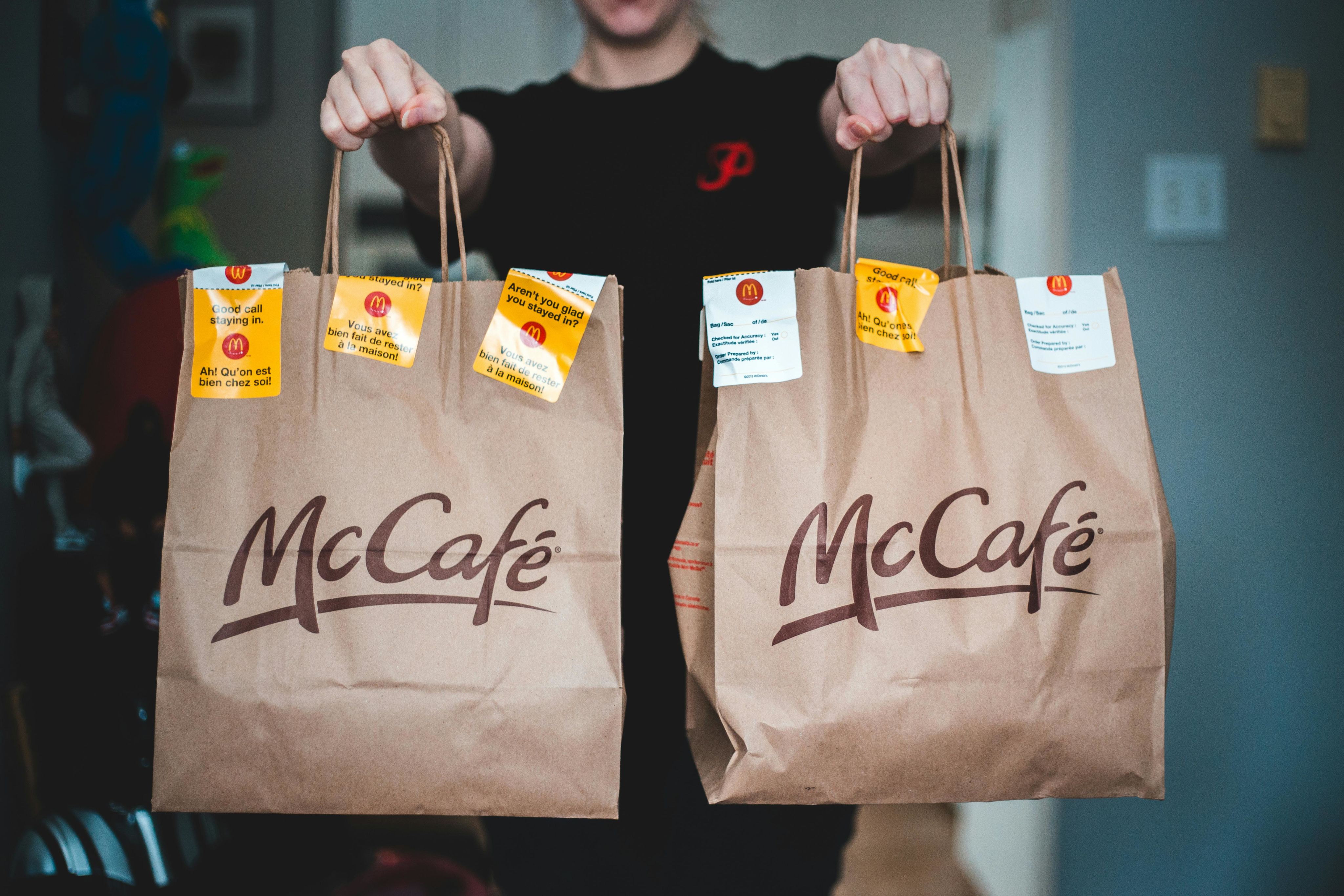
A move towards sustainably smart agriculture
McDonald’s South Africa operates with a strong commitment to sourcing raw materials responsibly. McDonald’s South Africa recognises the significant environmental impact of its operations and has set ambitious targets to reduce its overall footprint.
A key part of their sustainability strategy is to ethically source agricultural products, which includes ingredients like beef, chicken and coffee beans.
McDonald’s South Africa's approach to smart agriculture focuses on using new and sustainable methods, technology and data analytics to help address the climate challenges that farming communities are currently facing. This includes implementing techniques like soil and crop management, as well as water conservation.
To do this effectively, McDonald’s South Africa has prioritised sourcing, investing and partnering with suppliers who share its core values and are also committed to building a strong and sustainable food system.
Through these strategic partnerships, McDonald’s South Africa aims to drive industry-wide changes on a global level. Some of the partners McDonald’s South Africa currently works with include:
- Beef that is sourced from dedicated South African farmers, who are committed to ethical and sustainable farming practices.
- Quality chicken that is sourced from dedicated local chicken farmers.
- Coffee that is 100% responsibly sourced Arabica beans grown on Rainforest Alliance Certified™ farms.
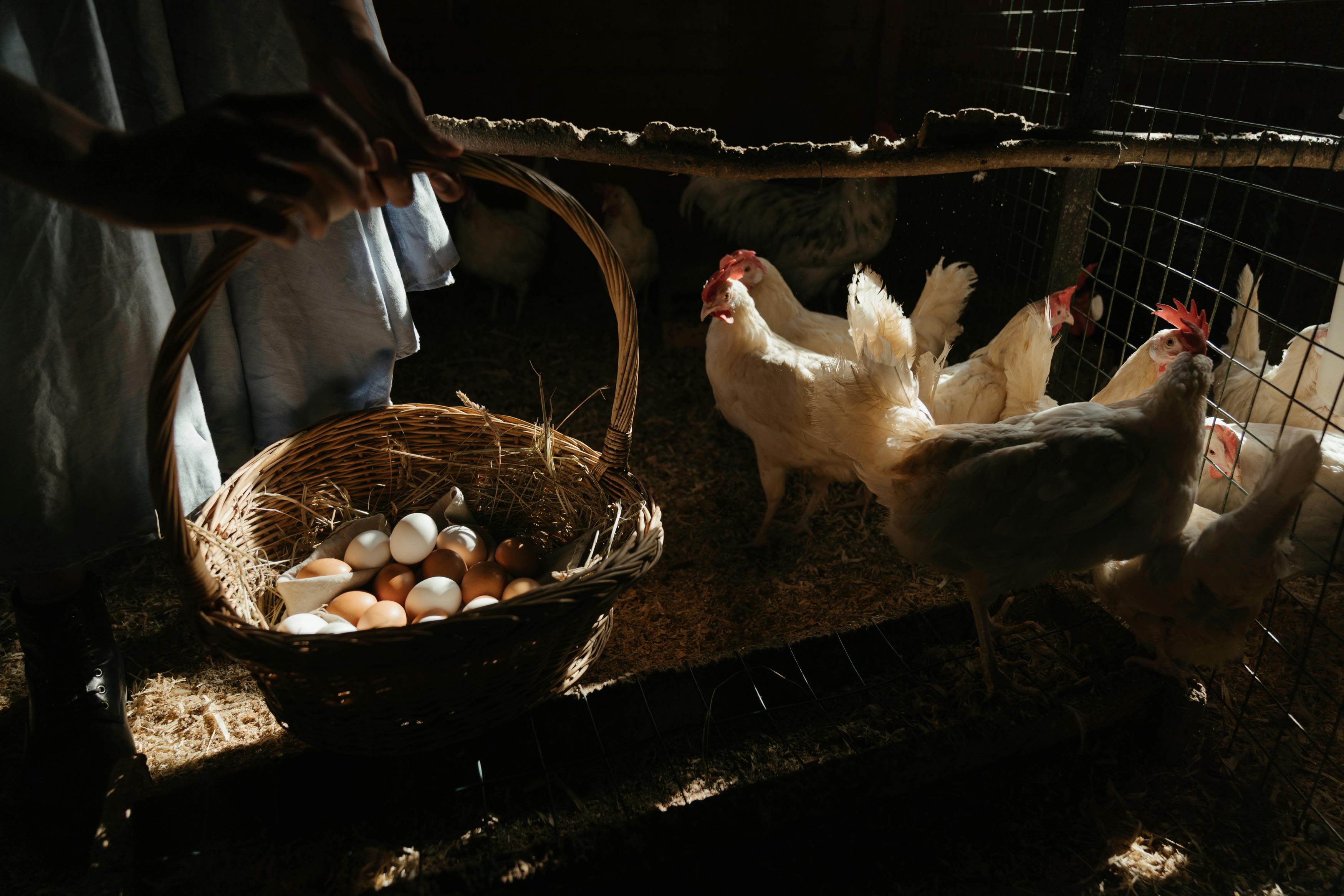
Scale for Good
McDonald’s South Africa is invested in supporting sustainable practices, especially when it comes to food. They believe that sustainability should benefit everyone – customers and suppliers and, most importantly, the environment.
McDonald’s South Africa wants people to feel good about choosing to eat at their fast-food restaurants but they also recognise the importance of the impact they have on the world.
As a result, they are committed to helping farmers use more sustainable practices. McDonald’s South Africa created a “Scale of Good” initiative that helps farmers by giving them knowledge and resources they need to use sustainable farming methods.
This includes teaching them how to use water efficiently, take care of the soil and conserve biodiversity.
By supporting farmers as they switch to more sustainable practices, McDonald's South Africa is helping to reduce the environmental impact of its supply chain and strengthen the agricultural sector.
This approach will help improve how food is produced and sourced for the long term.
Beyond their commitment to sustainability, serving customers great-tasting, high-quality food remains a top priority.
“We believe in serving food in a way that supports quality ingredients, as well as sourcing beef, chicken and fresh produce from farmers who share the same values as we do,” says Daniel Padiachy, Chief Marketing Officer at McDonald’s South Africa.
